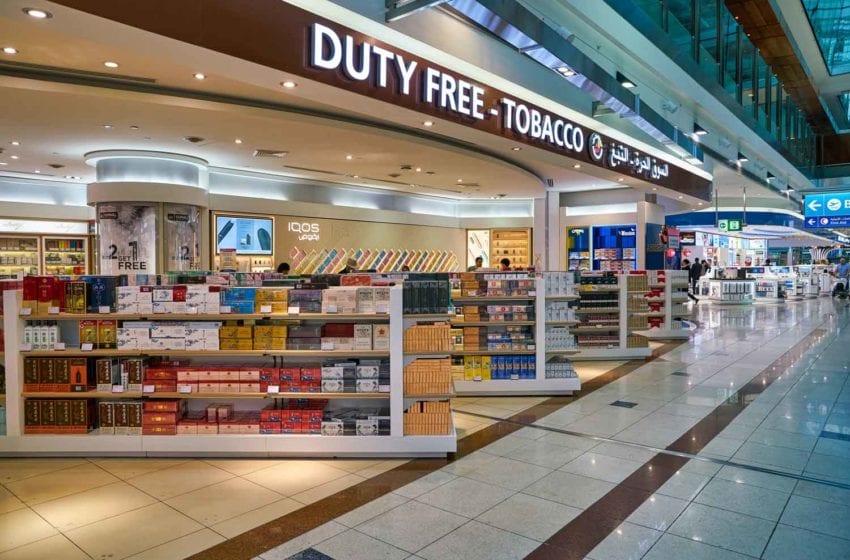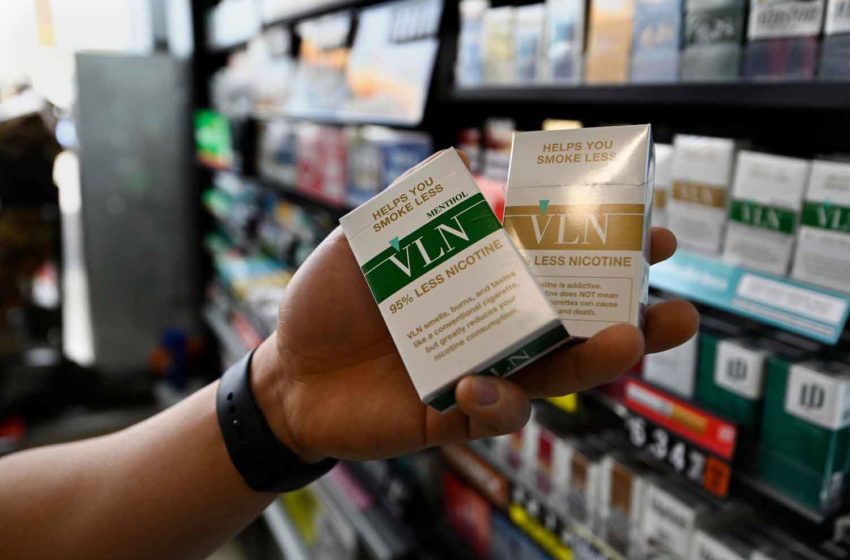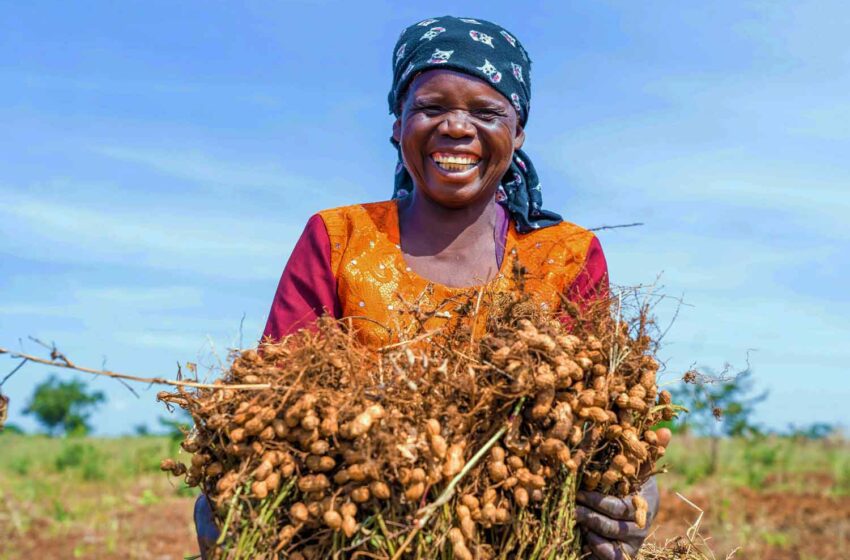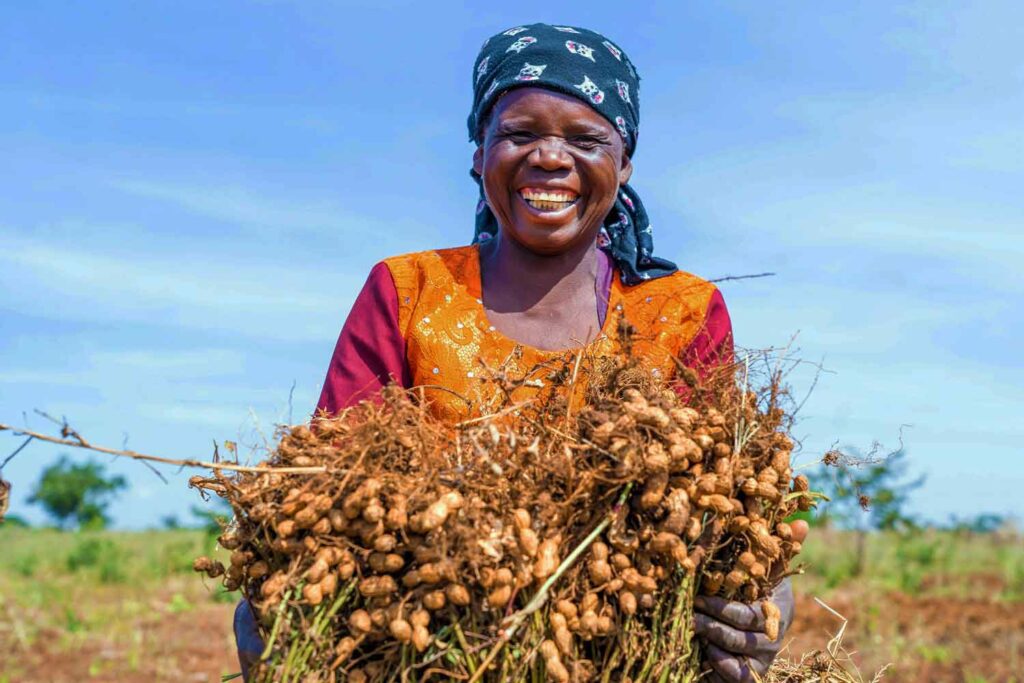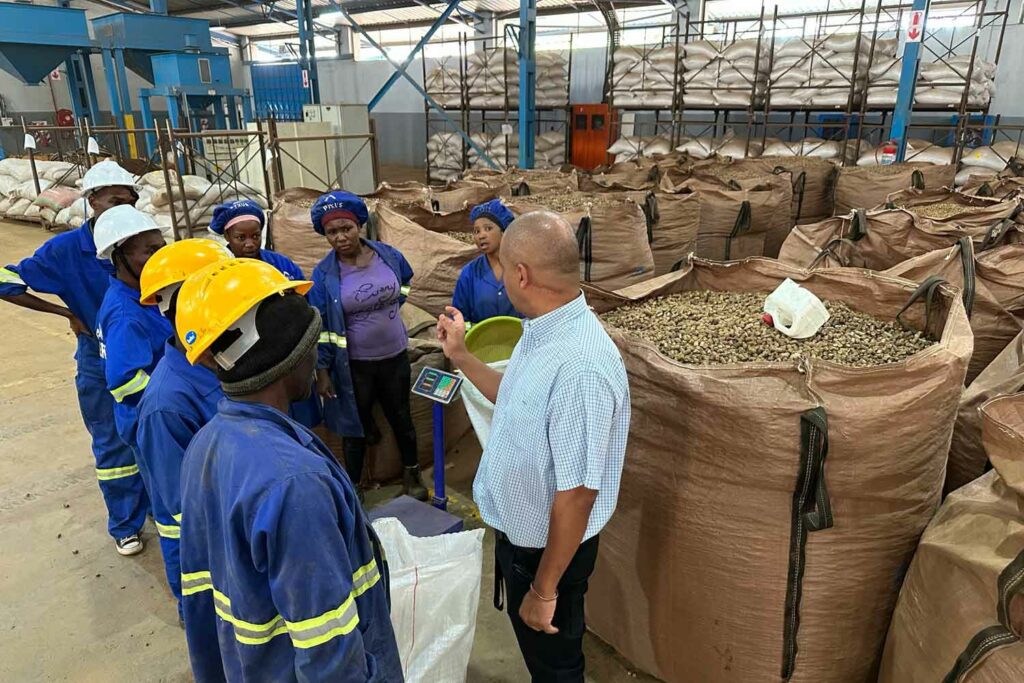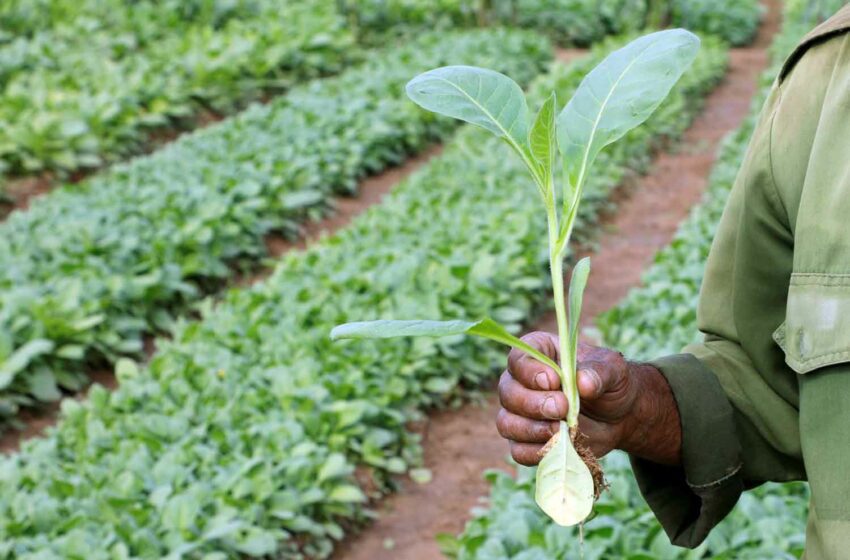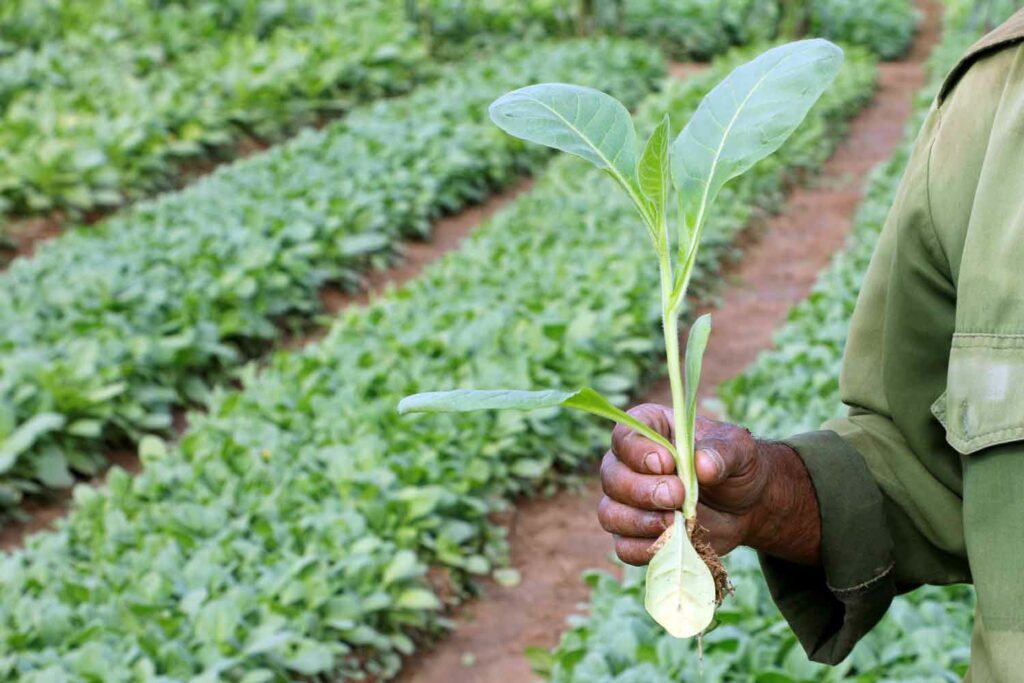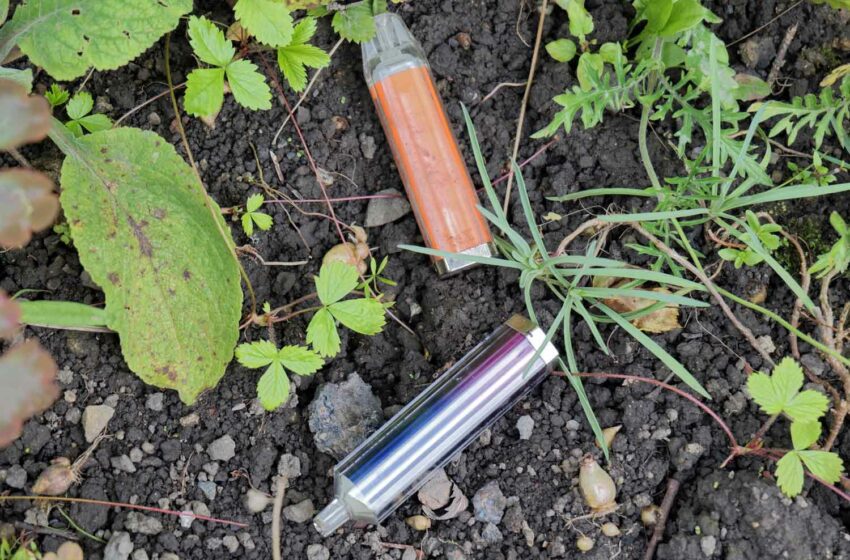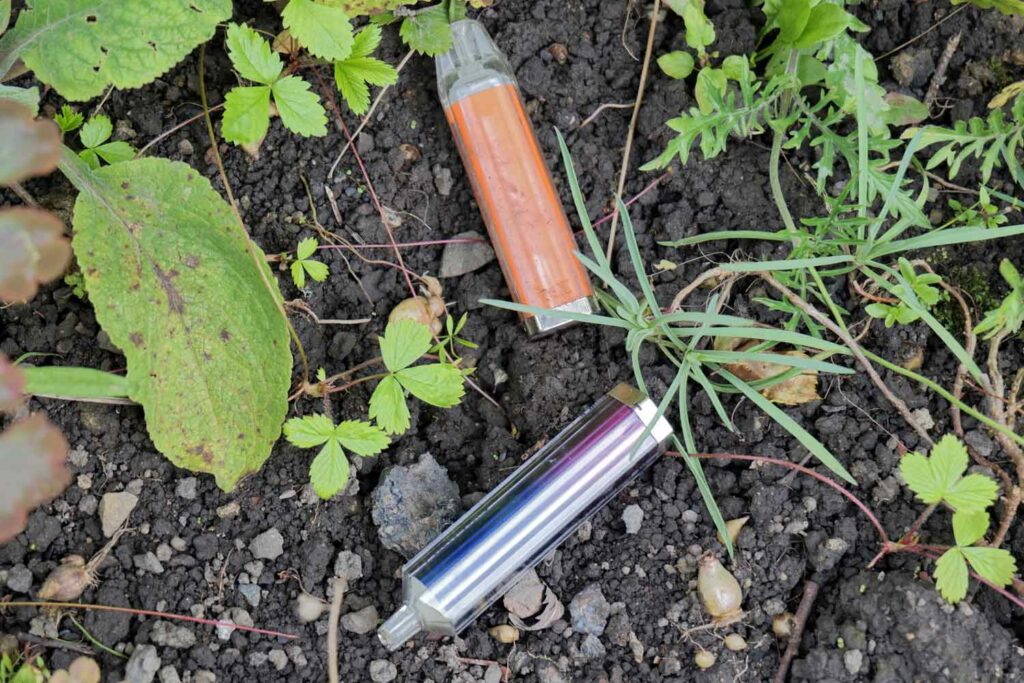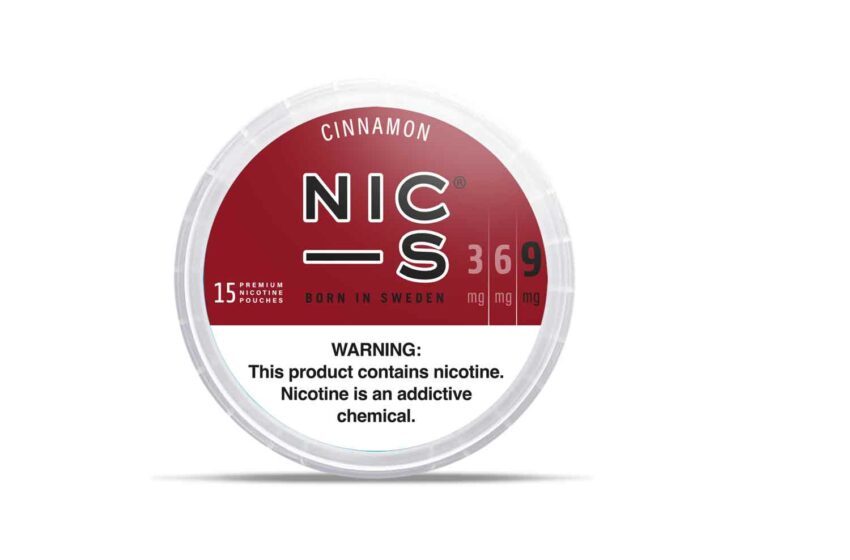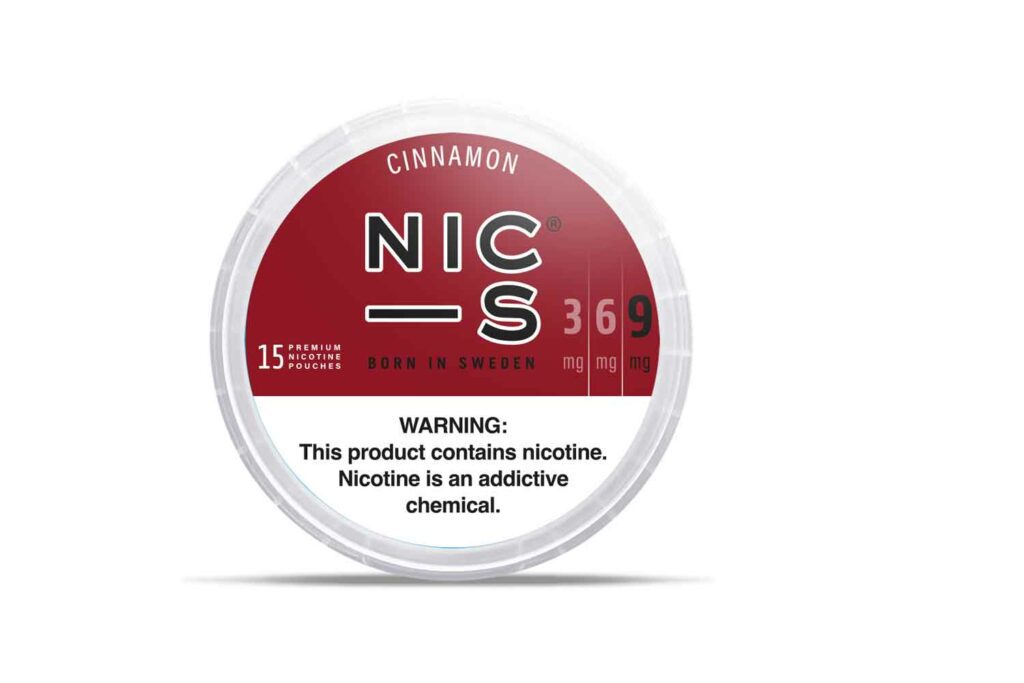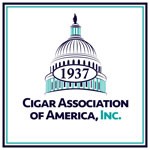The majority of single-use vapes are disposed of improperly, with the number increasing, according to a Material Focus study.
“Since we last published our research, the problem with single-use vapes has gotten further out of control,” said Scott Butler, executive director of Material Focus. “Single-use vapes are a strong contender for being the most environmentally wasteful, damaging and dangerous consumer product ever made. And still very few producers and retailers comply with environmental regulations and haven’t put recycling drop-off points and systems in place. This all means that too often local authorities are being burdened with the major operational and financial headaches associated with what is now the fastest growing and most dangerous waste stream in the U.K., single-use vapes.
“Vapes, like any other electrical with a plug, battery or cable, should never be binned and always be recycled as a minimum. We need rapid growth in the number of accessible and visible vape recycling drop-off points. And we need proper financing of genuine recycling solutions to recover materials and manage fire risks. The solution is clear: immediate, significant and transparent vape industry voluntary action in advance of planned regulatory changes already earmarked by Defra. The U.K. needs more accessible recycling drop-off points in stores, in parks, in public spaces near offices, bars and pubs, and in schools, colleges and universities. With 75 percent of vapers thinking that producers and retailers should provide more information that states that vapes can be recycled, the word ‘disposable’ should no longer be used in any marketing and promotion.
“Until single-use vape producers, importers and retailers act to genuinely comply with and finance their legal environmental responsibilities, then the calls for banning the sale of them will only strengthen.”
The U.K. Vaping Industry Association (UKVIA) acknowledged the environmental challenge posted by single-use vape and said it was committed to helping develop solutions to the problem.
“We welcome the solutions put forward by Material Focus and are leading industry action in a number of these areas and more,” the UKVIA wrote in a statement. “Education of consumers about how to recycle single-use vapes; product innovations that enhance recycling rates; compliance with the current regulations; and investment in waste collection points at point of use and not just at point of sale are all critical in reducing the environmental impact of single-use vapes.
“We must protect the environment while also recognizing the contribution disposable vapes have made in helping adult smokers start on their quit journeys, in turn helping to achieve the government’s 2030 smoke-free ambition. The devices are one of the main reasons why for a second year running, smoking rates have hit record low levels in Great Britain, according to Office of National Statistics data published this week. Cigarettes are also still the single most littered item on the planet. Over a billion smokers worldwide discard a combined 4.5 trillion cigarette butts every year.
“Over 250 people die every day in the U.K. from smoking, and cigarettes cost the NHS [National Health Service] around £2.6 billion [$3.25 billion] every year; this is a huge price to pay, and disposable vapes offer a highly effective, proven and considerably less harmful alternative than conventional cigarettes because of their accessibility, ease of use and price points.”
The UKVIA added that they will be launching a “Sustainable Vaping Week” to help educate e-cigarette users about proper disposal of single-use, and other, devices.
Secondhand Smoke Can Increase Lead Levels: Study
Secondhand smoke may be a source of chronic lead exposure in children and adolescents, according to a recent BMC Public Health study.
The study analyzed national data on blood lead levels and secondhand smoke exposure in children and teenagers ages 6 to 19 from 2015 to 2018. Levels of lead and cotinine were assessed, and it was found that average blood lead levels in what was considered the intermediate and high tobacco smoke exposure groups were 18 percent and 29 percent higher, respectively, than levels in the lowest tobacco smoke exposure group. The study also showed that a larger number of boys had detectable lead levels as well as a larger number of Black children and adolescents compared to other ethnic groups studied.
Children aged 6 to 10 were more likely to have elevated lead levels than older subjects, and children in low-income households had a 27 percent higher lead level than children from high-income households.
This lead exposure creates a dangerous situation for youth; lead does not dilute when exposure decreases and the body does not naturally excrete the metal. Lead accumulates in the bones and leaches into blood, and exposure can lead to numerous neurological problems like nerve damage, cognitive problems, loss of IQ points and potentially Alzheimer’s disease and schizophrenia. The only way to remove lead from the body is through an oral medical treatment, according to the Conversation.

